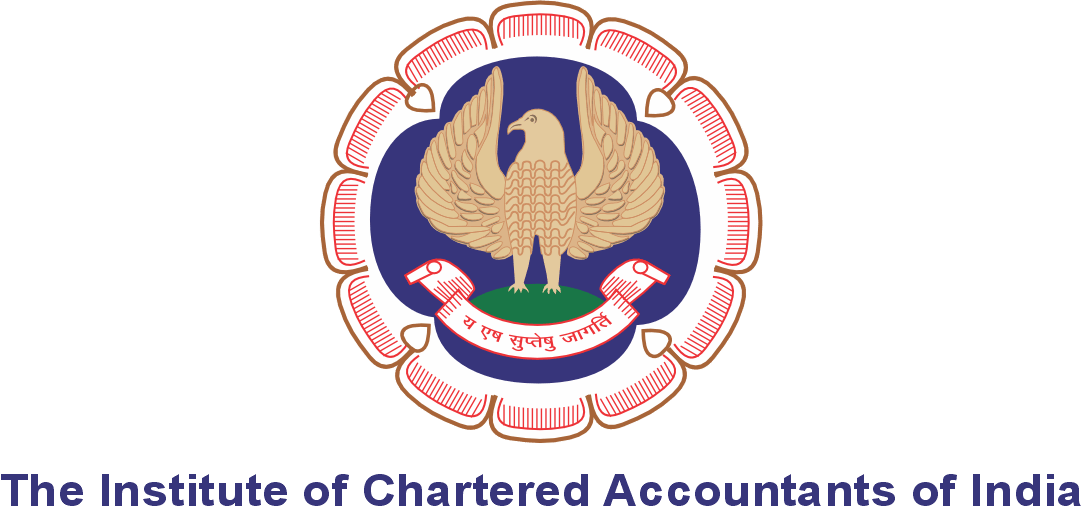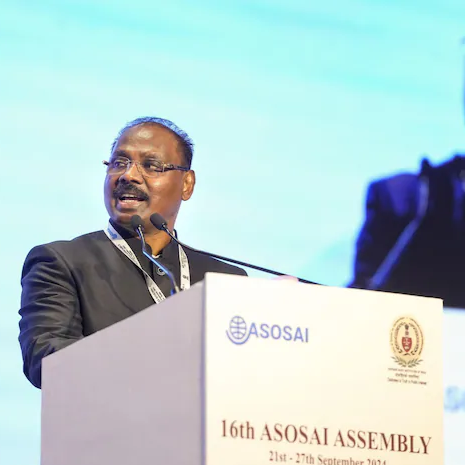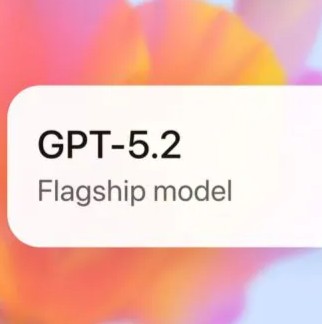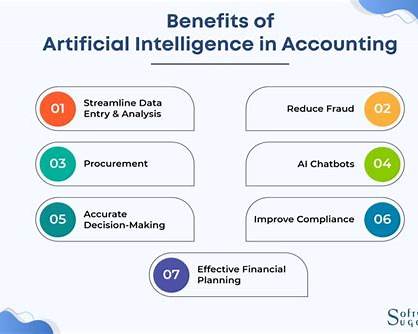India's CAG to Leverage AI for Faster Audit Reports
The Comptroller and Auditor General (CAG) of India is embracing the future of audit processes with the development of a state-of-the-art Artificial Intelligence (AI) protocol. This innovation is set to revolutionize how audit reports are written, significantly reducing the time required for data processing and analysis.
Harnessing AI for Efficiency in Auditing
At a recent event, CAG G.C. Murmu outlined how the supreme audit institution is using AI to enhance audit efficiency. According to Murmu, the AI protocol will handle tasks such as data cleaning, classification, and integration. Traditionally, auditors manually gather data from field records, which then undergo analytics and classification based on audit needs. The integration of AI will enable faster processing, with fewer algorithmic biases in data analysis.
Murmu added that data reclassification and cleaning will be executed more efficiently through AI analytics, providing cleaner and more accurate audit reports. Once the protocol is fully operational, it promises to improve not just speed but also the overall quality of the audits conducted by the CAG.
Accelerating the Audit Cycle with AI
Currently, the CAG’s office presents around 200 audit reports annually, covering both Parliament and state assemblies. Murmu revealed that 35 audit reports are slated for submission during the upcoming winter session of Parliament, demonstrating the institution’s renewed focus on timely audits. By implementing AI technology, the CAG aims to ensure that reports are presented quicker and with greater accuracy, enhancing transparency in governance.
ASOSAI Leadership: A New Chapter for India
In addition to announcing AI advancements, Murmu also highlighted India’s new role as chair of the Asian Organization of Supreme Audit Institutions (ASOSAI) for the 2024-2027 term. During the 16th ASOSAI Assembly, held in New Delhi, India’s leadership was formalized, symbolizing a turning point for the region’s supreme audit bodies.
The assembly approved several strategic and financial reports, including the mid-term report on ASOSAI’s Strategic Plan 2022-2027. Moreover, the assembly reviewed the results of the Bangkok Declaration 2021, which provided a framework for fostering collaboration and audit innovation among SAIs in Asia.
Future Roadmap: New Delhi Declaration
A significant outcome of the 16th ASOSAI Assembly is the expected adoption of the New Delhi Declaration, a key document that will outline future collaborations among member SAIs. The declaration focuses on capacity-building, knowledge sharing, and the development of advanced IT audit frameworks, in line with global trends in digital transformation and governance.
Murmu emphasized that under India’s leadership, the ASOSAI will prioritize technology-driven audits, with particular attention to the audit of local bodies. This focus aligns with global trends in the use of emerging technologies to enhance public sector auditing.
Strengthening Bilateral Ties in Public Sector Auditing
Alongside its leadership role in ASOSAI, India engaged in bilateral dialogues to bolster cooperation in public sector auditing. Discussions between SAI India and SAI Malaysia focused on exchanging knowledge and best practices in auditing. In parallel, SAI India also held talks with the International Development Initiative (IDI), exploring joint efforts in achieving Sustainable Development Goals (SDGs) and incorporating emerging technologies into public audits.
A Future of Innovation and Transparency
India’s leadership in the international audit community, combined with its domestic adoption of AI-powered audits, marks a pivotal moment for the nation’s supreme audit institution. By embracing AI and emerging technologies, the CAG of India is setting a new standard for transparent governance and public accountability. As the nation prepares to table more than 35 audit reports in the upcoming winter session, the impact of AI on faster, more accurate audits will become increasingly evident, ushering in a new era of public sector auditing.
With the adoption of the New Delhi Declaration and the advancement of AI protocols, India’s supreme audit institution is poised to lead the way in global audit innovation and technological transformation.
Source: Business Standard / Chat GPT








